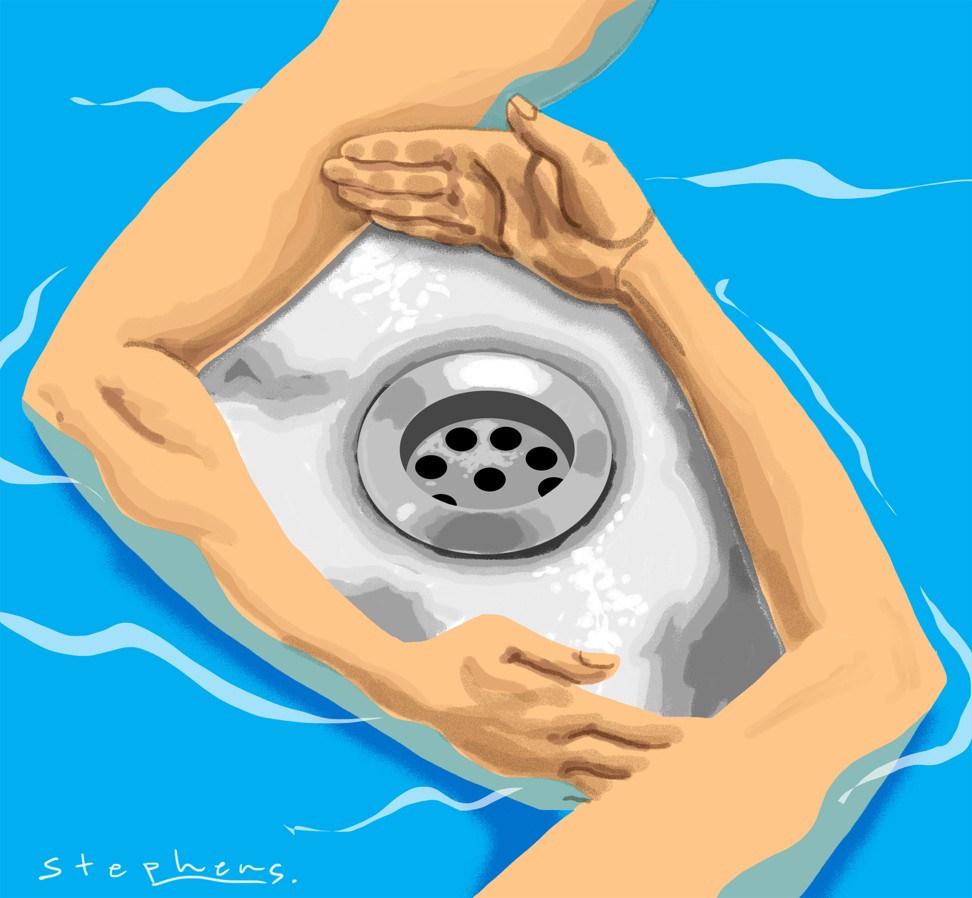
Hong Kong does not take its water security for granted, as its multifaceted strategy shows
Chau Sai-wai says even though the city gets most of its water from the Dongjiang, it has been working tirelessly to promote conservation and control water loss, while trying to exploit new sources
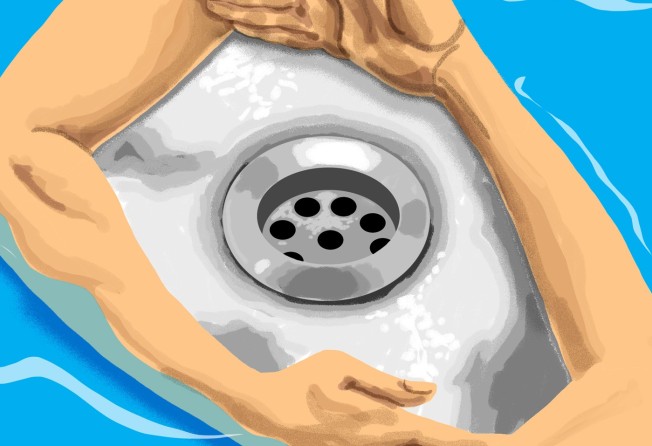

The Hong Kong government agrees that water is scarce here. To meet the rapid growth in demand, we have designated over 30 per cent of our territory as water collection ground and implemented a large-scale seawater flushing system that reduces the use of freshwater resources. And, since 1965, we have imported water from Guangdong’s Dongjiang to make up the shortfall.
Unlike Singapore, where water is imported from another country, Hong Kong gets its water from its motherland, mainland China. Thus, compared with Singapore, Hong Kong’s enjoys a higher level of water security.
Even so, Hong Kong is facing intense competition for the Dongjiang water as neighbouring cities and regions in the Pearl River Delta develop and their populations grow. The impact of climate change on water resources also cannot be ignored.
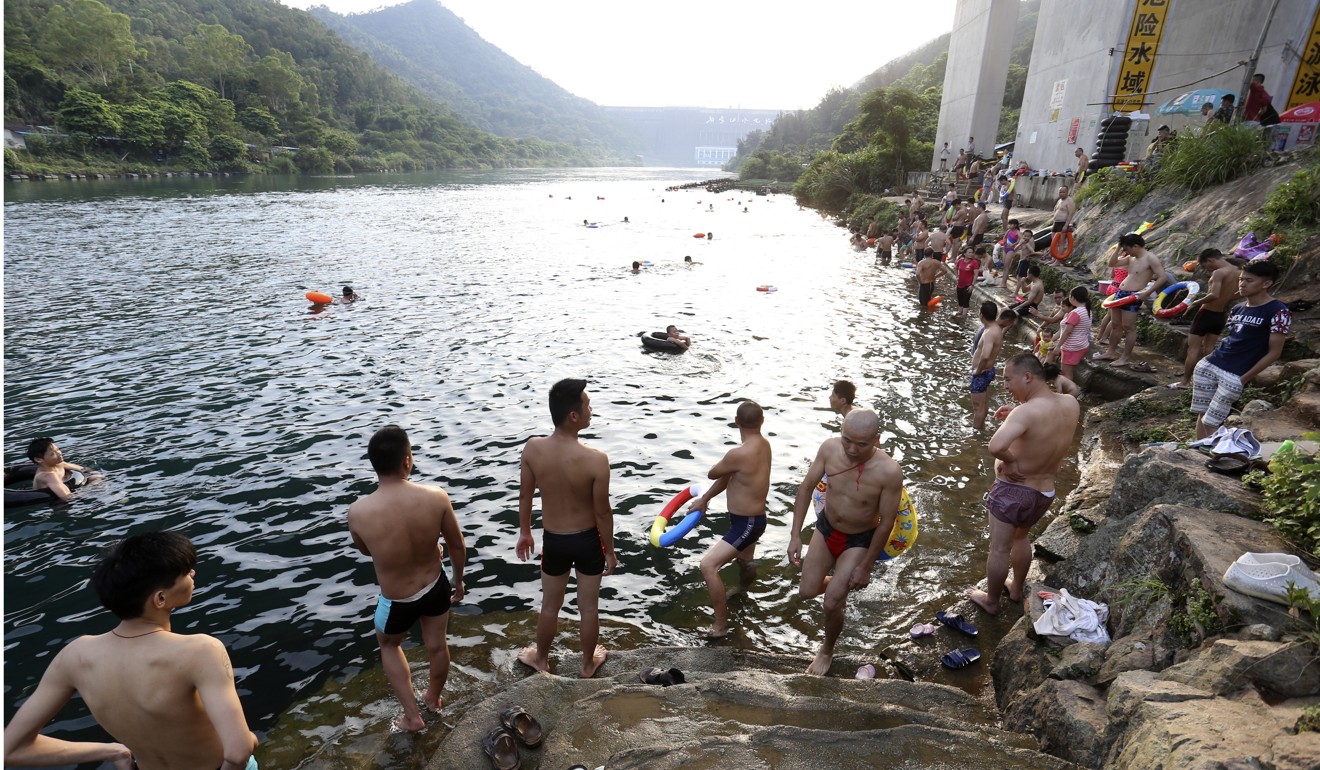
To better prepare Hong Kong for such challenges, we drew up the “Total Water Management Strategy” in 2008. It aims, on the one hand, to control demand through efforts to conserve water and reduce loss, and, on the other, to strengthen supply by exploiting new sources that are less susceptible to climate change.
Hong Kong has enjoyed an uninterrupted water supply since 1982, with no need for rationing. This, coupled with our low water tariffs, means that public awareness of the importance of water conservation is low. Thus, the government has introduced efforts to promote water conservation through three main approaches, including education and publicity.
One of our educational efforts includes a “Cherish Water Campus” campaign, launched in primary schools in 2015 to facilitate interactive learning and the practical application of water conservation. So far, more than 220 primary schools have participated in the programme, and we will extend it to kindergartens next year.
We are also collaborating with green groups, non-governmental organisations and various stakeholders to promote water conservation. The Water Conservation Week in 2016, for example, was organised by the government in partnership with related parties. It attracted more than 20,000 participants, a good demonstration of the benefits of joining hands to conserve water.
We have also worked with the high water-consuming sectors, such as the catering and hotel businesses, to formulate best practice guidelines.
In terms of hardware, we have started to install flow controllers in different types of premises. According to our study of overseas experiences, mandating the use of water-saving devices is the most effective measure to reduce consumption.
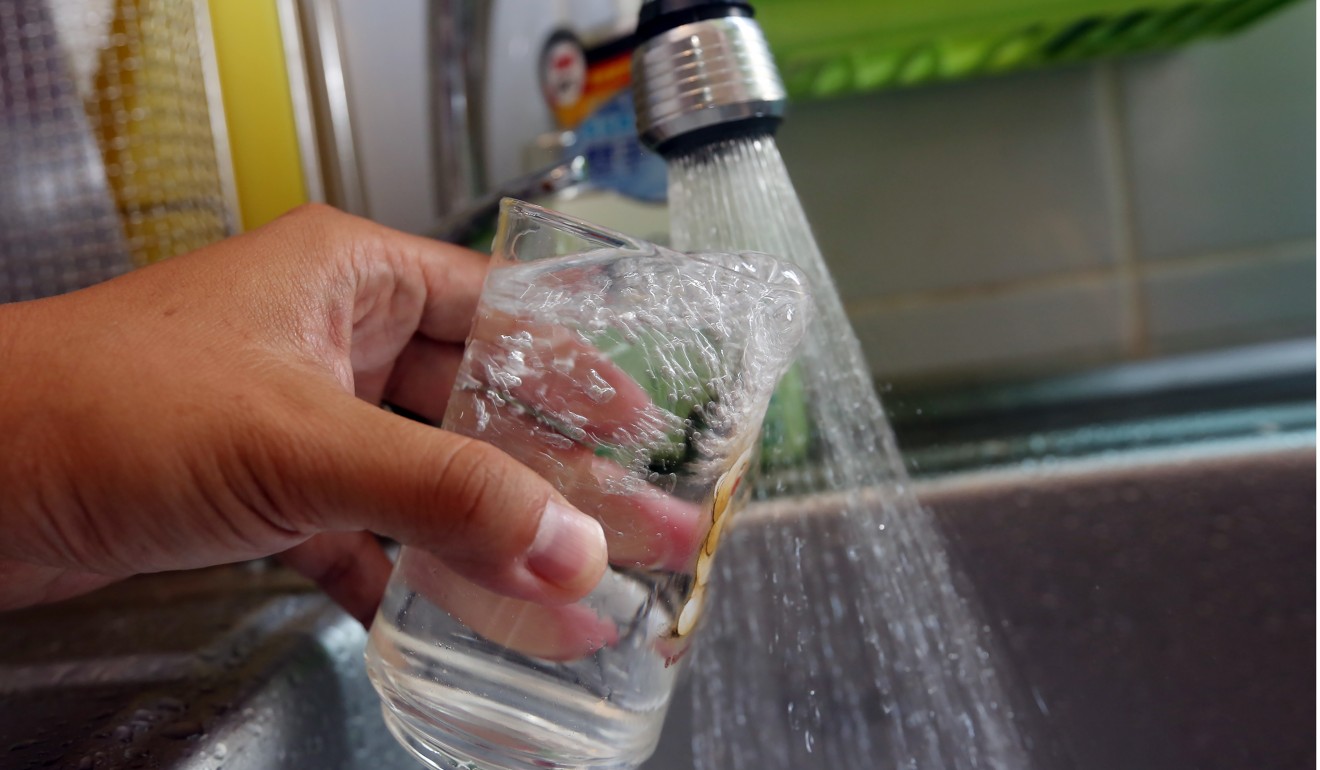
We are implementing this measure in two stages. At the first stage, we mandated the use of water-efficient devices registered under the Water Efficiency Labelling Scheme in new plumbing works in February. At the second stage, we will mandate such labelling of water appliances for sale in Hong Kong through legislative amendments.
With regard to the water tariff, we have been reviewing it regularly, taking into account factors including affordability, the financial performance of waterworks operations, the prevailing economic situation and the views of legislators.
Due to Hong Kong’s hilly terrain, our water mains operate under high pressure to provide water to premises at high altitudes. In addition, frequent road excavation causes disturbance to the underground water mains. As a result, the leakage rate of our network is higher than that in places with flatter terrain.
We are tackling the problem in two ways. First, we have implemented a 15-year project to replace and rehabilitate 3,000km of aged water mains, and succeeded in reducing the leakage rate from over 25 per cent in 2000 to 15 per cent in 2015. This compares well against developed cities such as London (with a rate of 24.7 per cent in 2014) and Taipei (15.6 per cent in 2015).
Second, to dovetail with the programme to replace and rehabilitate, we have begun to install advanced monitoring and sensing technology in our network. This Water Intelligent Network will ensure the health of our water distribution network.
Such sensing technology is also being deployed to identify leaks in places where they can be difficult to detect, such as in private mains, and to identify the unauthorised use of water in individual buildings or housing estates. We believe the effectiveness of such technology will be further enhanced with the use of the automatic meter reading system in the near future.
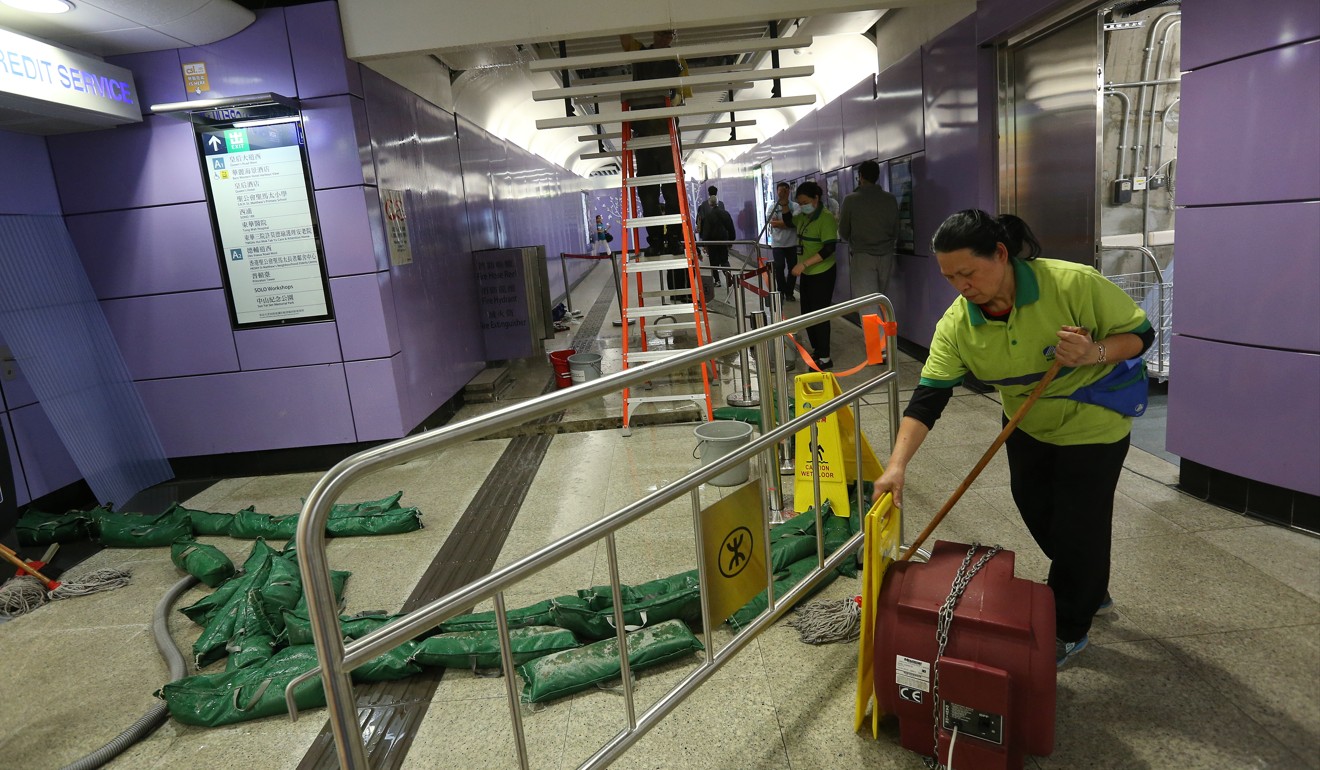
Following successful trials, we are now planning to extend the use of the automatic meter reading system to new developments at the Anderson Road Quarry site and Kowloon East. In addition, we are taking forward the pilot scheme for leakage detection for underground water pipes and will promote it for private developments.
We are also considering whether to employ new regulatory tools – such as master metering billing – to tackle the leakage in private mains.
To enhance our water security, we have embarked on various schemes under the Total Water Management Strategy to exploit new water sources that are less susceptible to climate change. We aim to commission a desalination plant in Tseung Kwan O and the building of a system that will enable the supply of reclaimed water to northeast New Territories in about five years.
At the same time, we will implement grey-water reuse and rainwater harvesting in the Anderson Road Quarry project, forging a new water supply structure comprising six water taps – namely local yield, seawater for flushing, Dongjiang water, seawater desalination, reclaimed water, grey-water reuse and rainwater harvesting – by 2022.
Ensuring water security for the sustainable development of Hong Kong is one of the government’s key objectives. While we are implementing our water management initiatives, we have embarked on a comprehensive review of our strategy, so that new initiatives may be introduced as needed to further strengthen Hong Kong’s water security.
Chau Sai-wai is the assistant director of water supplies in the Hong Kong government